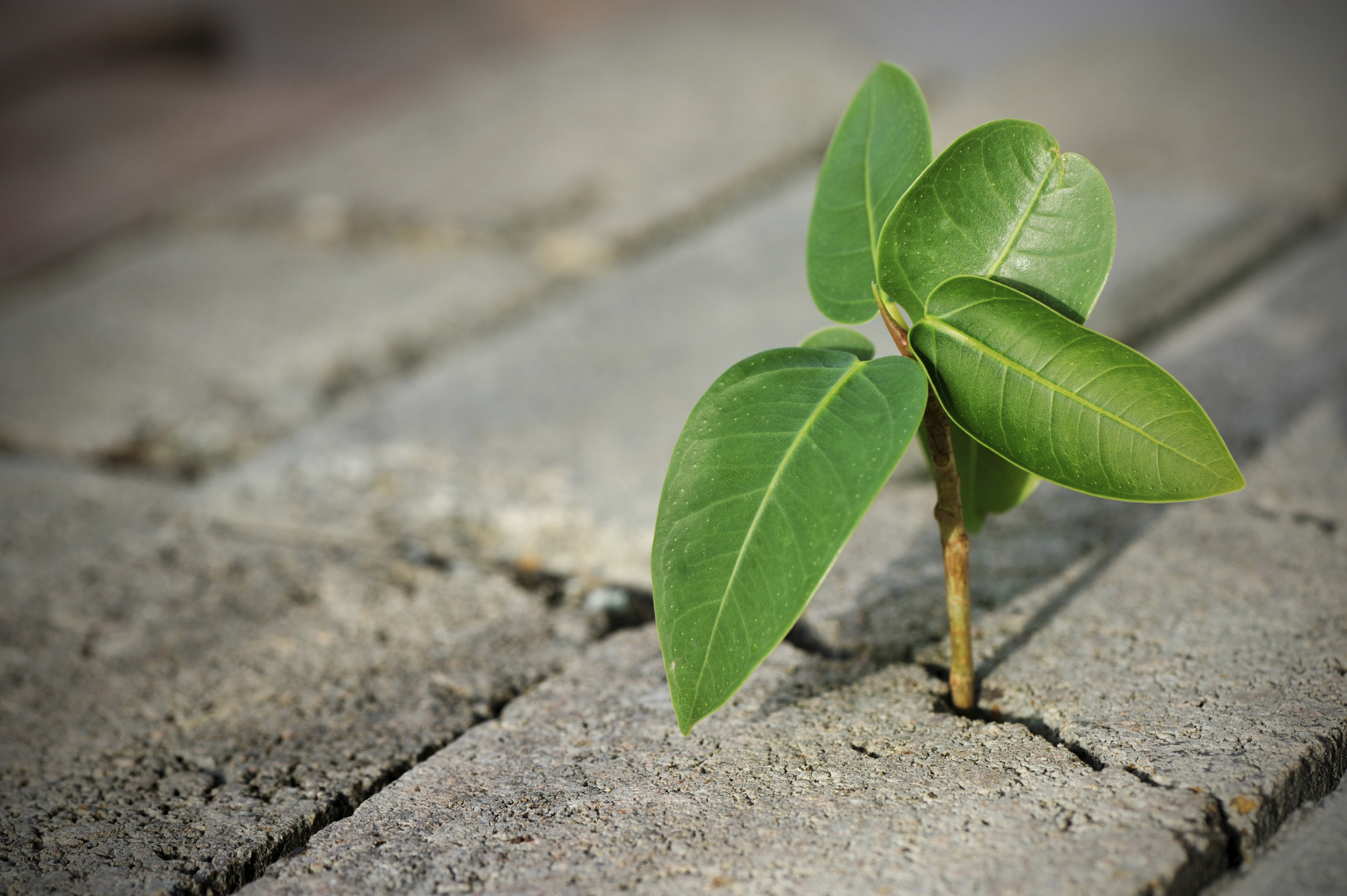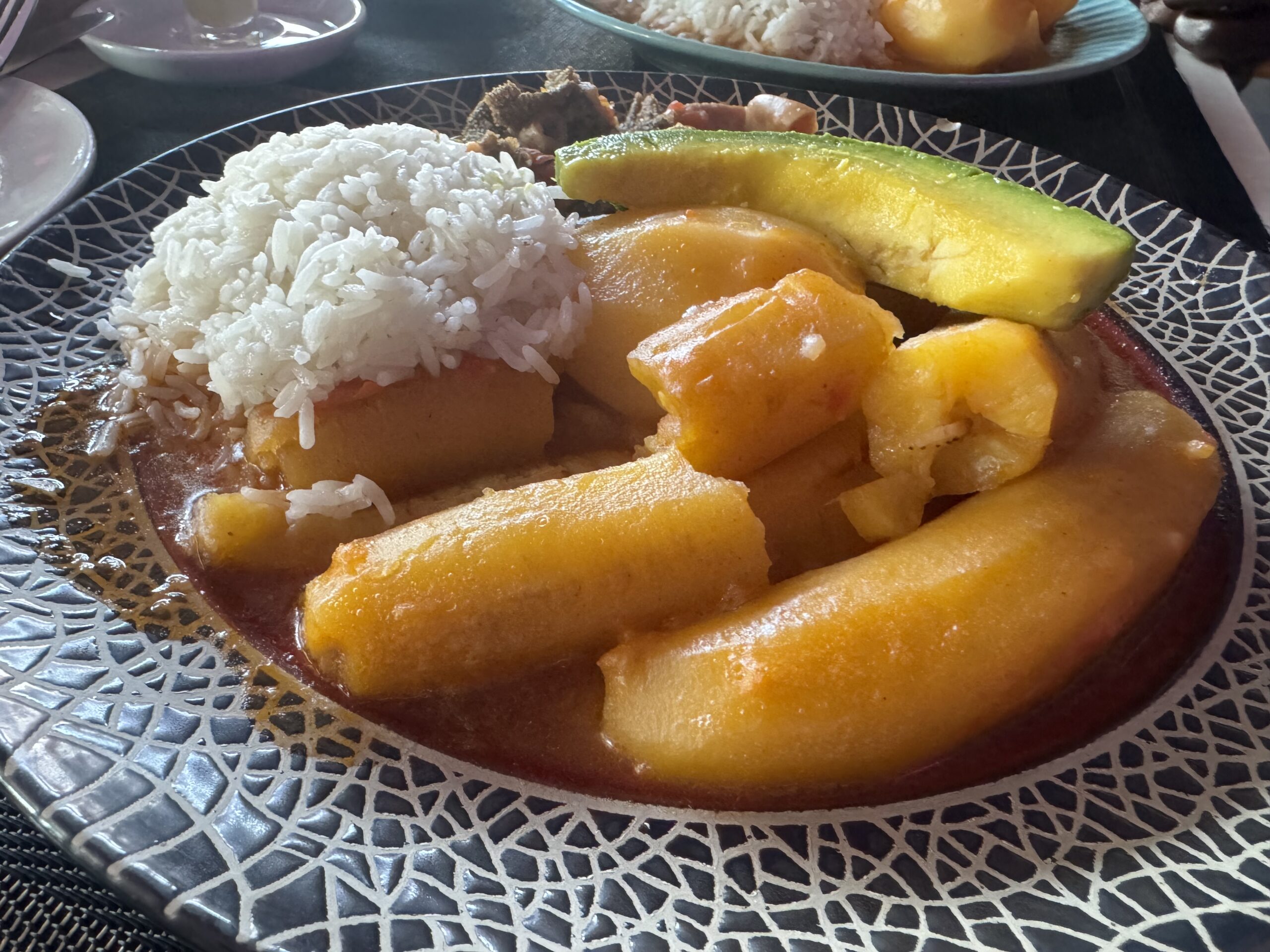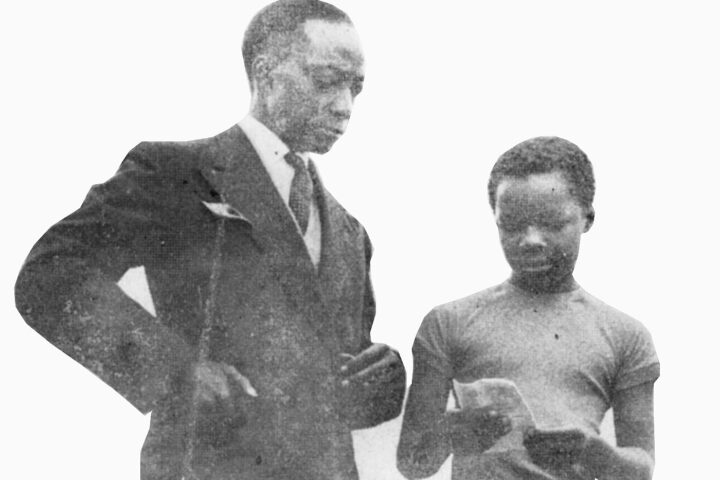Genesis 41:17 “I was beside the Nile when seven fine cows, sleek and fat, came up from the river and began to feed in the rushes. Then seven other cows came up behind them. These were poor, scraggly, and lean…The thin gaunt cows ate up the seven fat cows but after eating them it was as if they had not eaten them at all because they remained as lean and scraggy as they were before.”
The Dreams of Pharaoh
PART 1
Entre
The Ugandan “rolex” is the biggest single consumer of eggs in the country.
But the rolex is also more than that. While this wheat based flat bread, pan-fried with light oil unto which is added eggs, tomatoes and other vegetables excels as a street food and is in sync with the culinary traditions and emotions of the street it also sizzles with the hot frustrations of the plebs. One could say with confidence that the availability of the wheat, salt, oil, tomatoes, and cabbages that go into the rolex are a dependable windvane of political pressure now and in the future.
Here is why.
Very few who wait impatiently next to the blackened pans and sweaty brows of an invariably young male street chef for their order are whipping up their smartphones to take a picture of this meal. This is not because rolex is not instagrammable. Uptown this street snack is a cause celebre with an annual festival named after it. Neither is it because the street does not have smartphones. With nearly 40 million mobile phone subscriptions and increasing reliance on smartphones cameras are everywhere. Besides the social and political grapevine increasingly travels on smartphones and WhatsApp and TikTok are the visual newspapers of the times. The plebs, the rolex crowd, moreover today includes university graduates on a hunt for jobs, workmen and women, artisans, security guards and the hundreds of thousands of Ugandans who have come into contact with the subsidised public education system. Herein in fact lies the mystery of the disappearing graduates. Every year thousands of graduates leave Uganda’s universities. Conventional wisdom is that only 10% get a job commensurate with their skill and specialization. The great big social chasm into which they vanish, dispersing into the improvised work life, the gig economy and trades born out of necessity tread a humble path to the rolex stand.
These would feature the waitress with a master’s degree in business from Makerere University Business School, the Civil Engineer temporarily riding a Boda Boda or the nail technician with a law school diploma. All can be found with their reformed dreams getting a meal before getting on with it. They have opinions of course. Strong and even radical ones. If they are quiet at the rolex stand it is more likely because they are dwelling on anxieties about the future, about rent, where they live, work and fairness, if that is what it is, of the game of life. Moreover, the waves of foot and motor traffic that presses against Kampala’s roads chipping away at grass, concrete and asphalt reflect the surge of Uganda’s young demographic, nearly half under the age of 15 years who are playing the same giant lottery of chance for a better life in the capital city and the major towns.
In the meantime, they need to eat, wash and sleep.
Rolex is served hot and in the open air around kiosks by the roadside, markets, hostels and around construction sites. There must be one at least for every square kilometer in the built-up areas of the city. Kampala is nourished by sixteen markets which include eight thousand seven hundred and thirty-one stalls, over two thousand three hundred pitches (open ground that is demarcated and used as space for selling vegetables and other wares) and over four thousand two hundred lock-up shops. These are officially under the city authority. But these 14, 702 units are just a small portion of the serving. Popup mini markets and evening street food stations with moveable cooking stations fire up in the evenings and some remain cooking until dawn before another set of foodprenuers is handed the ladle. There is budget matooke (bananas) steamed and often served with beans, meat, or chicken and when cooked together is called “katoogo”, a word that translates as mixed or if referring to human affairs denotes confusion. In Buganda matooke is sometimes simply referred to as food (emere) to dignify this crop above others by giving it a universal name as if associating this tree-sized herb with a simple fact of political stability.

FOOD or War
Genesis 41:22 “I also saw in my dreams seven ears of corn growing on one stalk, full and ripe. Then after them there sprouted seven ears of corn that were hard and small and withered by the east wind. The withered ears of corn swallowed the good ears”
Feeding a nation is a matter of political survival. A hungry nation is a nation already in revolution or at least revolt. During the troubles of the Republic in Rome grain (and with it grain production within Roman provinces) at critical times held the balance between stability and chaos. Populist reformers such as the Gracchi who stoked revolt by proposing land reforms or the Julio-Claudian rulers (starting with Gaius Octavius later Gaius Julius Caesar Augustus, a model politician of the times who presided over the peace with arms and fiscal prudence) ensured stable grain supplies understanding that hungry men are today’s protestors and tomorrow’s revolutionaries. The Roman palate would be recognizable in Uganda today especially in the North of the country where fish, legumes of many kinds, eggs, and grains (of many varieties) formed the main ingredients of meals. Ironically the Nile Valley,especially the fertile Egyptian grain fields, were the food bank that placated the mobs and the armies of Rome. This irony is further driven home by the fate of Hosni Mubarak known as the Egyptian Caesar during his political years. Mubarak was born in the agricultural governate of Monufia, in Northern Egypt (this is also where Anwar Sadat was born). He died in 2020 in Cairo after a lengthy tearful trial amongst others on allegations of ordering the killing of food riot protestors in headwinds of the Arab Spring.
The protestors were hungry.
Bread prices were high and food inflation at the time, one of the highest in the world. At some corners of Tahir Square, before the sweltering famished mob was swept up in revolutionary fever, the Egyptian Army was baking and distributing bread. However just like the Forum in Rome where Magistrates negotiated their rule by providing bread or grain, the crowds protested not just the lack of food but prosecuted the administration that led to the dire state of affairs with speeches and songs articulating the corruption and neglect of the upper classes. The implosion of Egypt, edged along by a global economic crisis, described by some as the worst of the kind since the Great Depression of the 1920s would have a major effect on how Ugandan administrators view political and economic stability. The fact that the North African crisis was driven by external forces that disrupted the global economy, not withstanding, but were then hailed in the West as the natural decay of autocratic systems, like weevils boring the healthy stems of the maize plant only for them to collapse when assailed by a light storm, was viewed with suspicion. Neither did it go unnoticed that the protest movement rooted as it were in economic turmoil, high food prices and shortages, was celebrated as a political act of liberation that could replace such systems with liberal and economic systems.

In short, even if the political impact of the North African and Arab World protest movements has mostly been reversed, organized protests and their underlying causes, especially the incidence of high food inflation alongside global pressures were viewed and are still considered as indicative of regime change. This view was born out by the violent episode known as the Walk to Work protests in 2011. According to one African Development Bank Study in 2012 (Alain Kabundi) overall inflation in Uganda was driven by external factors including the price of imported goods like petrol, pressure from the money surplus in the economy (this writer had written rather presciently it turns out about this in 2010), but also a bad harvest due to poor weather conditions. “The increase in food price inflation puts an upward pressure on overall inflation, reaching a maximum of 27% (some put it over 30%) in September of 2011. In addition, the (EAC) region has experienced a period of food shortage due to adverse weather conditions. Hence, the shortage of supply of food causes an increase in domestic price of food” writes Kabundi.
It is useful to pause here to reflect on future events.
Uganda will go into another election in 2026.
While the East African region has shown resilience to the global “polycrisis referred to by the New York University Transition Investment Lab as “the simultaneous occurrence of multiple, interconnected challenges that compound each other, making them harder to address and resolve”. These include in this period the “ongoing repercussions of the COVID-19 pandemic, a war in Ukraine ( and war on Palestine) leading to energy and food security shocks, infation reaching levels not seen for decades in most countries, and recent banking crises that are exposing old and new vulnerabilities of the fnancial system” The definition of polycrisis concludes with “the looming specter of climate change and increasing prevalence of extreme weather (adding) to the complexity of the situation”. In short Uganda is navigating this crisis presently with unpredictable weather, pressure on importables and currency value fluctuations being a part of it.
At what point does the crisis metastasize into the eruptions like that of a decade and half ago? Will the polycrisis cause a crush in 2026 when governance issues are framed in the backdrop of these multiple challenges? To what extent will the political response of contending groups treat this multi-layered problems for what they are and not as elements of political disagreement?
Leaving these questions aside some themes are emerging. Since the crisis in 2011 the State sector having defined, as detailed above, the risks to instability that nests in protests and the vulnerability that can arrive like early rains that ruin the planting season, drowning seeds and smothering saplings, has responded through aggressive law enforcement. Several laws were passed to restrict physical public assemblies such as the Public Order and Management Act, an early version of which prohibited the meeting of more than three persons. Moreover civic activism on governance related issues, where such activism, prioritises street protests and large gatherings are effectively at the level of political subversion and organizers often labelled as terrorists. Secondly, the national security implications of ensuring the rolex remains affordable along side grains, legumes, bananas, poultry, milk and meat and other staples have brought in the Ugandan military into the agriculture sector. This can only be understood for the fact that food production is indeed a military necessity. There is the choice of armed soldiers clashing with protestors on one hand and unarmed soldiers patrolling plantations across the country with free seeds, fertiliser and notepads on good farming practices and holding barazas about “wealth creation.

Overall the agriculture sector in Uganda is receiving new attention that is warranted by the changing demographics, the unprecedented migration into cities of towns, global economic conditions and state security. One outlier that towers above all is the crisis of the weather. If the current heatwave is a measure of the political temperature ( the rate at which harvests will fail leading to shortages that spark unrest) then the weather may be the most formidable political opponent and God the ultimate political opposition. Is the theology of sustainable food production, a money economy associated with it, a strategy to elevate processing of food and reduce waste and finally seek unity of these efforts in stable markets at home and dynamic ones abroad enough of a response?
Genesis 41:29 “There will be seven years of pleanty throughout the land of Egypt, but they will be followed by seven years of famine. Then the time of abundance will be forgotten and famine will exhaust the land. So severe will be the famine that no one will remember the time of plenty”
ENDS
.









